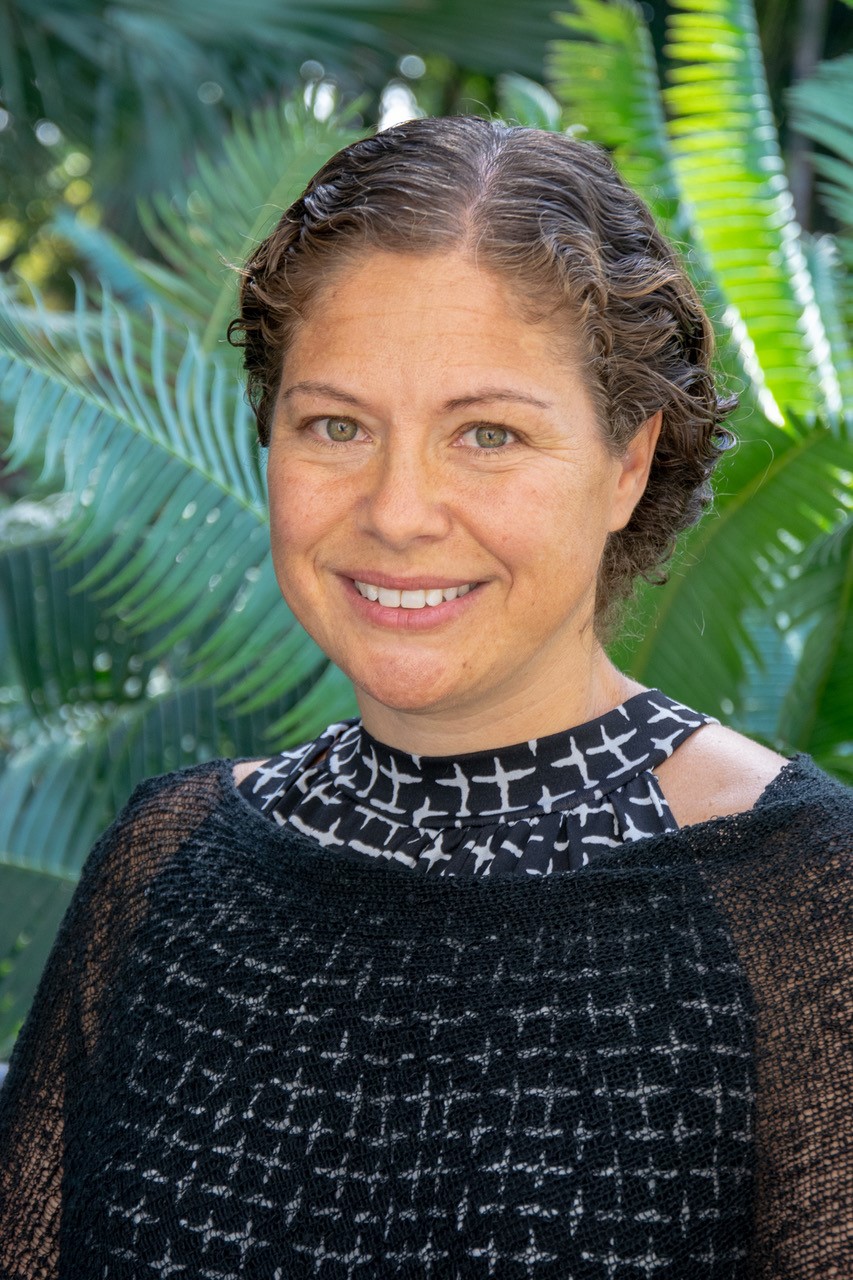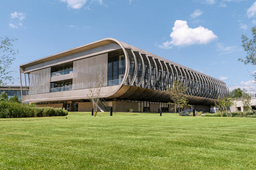Maya Schuldiner: "My biggest highlight is always talking to my students and postdocs."


What’s currently your favourite model organism?
For nearly 20 years now my favourite model organism has been the baker's yeast Saccharomyces cerevisiae. This yeast was the first eukaryote to have its genome fully sequenced, already in 1996. Moreover, it has a very simple genome – only 6000 genes that, due to only a small number of introns, encode for a similar number of proteins. Recent work has made it clear that about 70% of cerevisiae genes are conserved to humans, not to mention that these organisms are important in their own right for the food industry and other technological applications. Despite all of this, we still do not know what about a quarter of the cerevisiae genes do, including highly conserved ones and those essential for life! This to me suggests that there are still major black holes of knowledge in fundamental cell biology and that much is left to still discover at this level. How can we understand complex biological questions such as differentiation and physiological decline when we still do not understand the basic building block of life – the cell? This is why I think yeast will continue to be an important model for many years to come.
What might be the highlights of a typical day at your workplace?
My biggest highlight is always talking to my students and postdocs. I love discussing science with them – whether it's thinking of new ideas and research directions, troubleshooting experiments that have not succeeded, or analysing results and putting them into the context of our hypotheses and ideas. What I love most is those moments when they themselves figure something out or have an amazing idea. This is when I see their “future scientist” shine out and I feel pride and excitement.
What do you look for when selecting students and staff for your research group?
I have two main things that I care about when thinking of who would be a good fit for my lab:
First and foremost I need to really like the person. I spend as much time in the lab as I do with my family. To support and care for my students and staff I have to often go out of my way and invest a lot of effort and time. For these reasons I want the people in my lab to be ones that I can connect to. I also care a lot about having a really good lab environment so usually new people meet with all the other students/postdocs and staff in the lab and I look for a consensus when accepting new people. This way I ensure that we all continue to see the lab as our second home and enjoy coming into work every morning.
The second thing that I find essential for doing science is passion. The scientific path is not easy and I find that people with deep and true passion for doing research often find it easier to overcome the inherent complexities and hardships of this life choice.
What do you see as the key ingredients for successful research collaborations?
I love collaborating on projects. Not only does it open us up to new approaches and ways of thinking, it also enables science to move forward more rapidly and accurately when each lab performs the techniques and approaches that they know how to do best. Nearly every single one of the manuscripts from my lab are collaborative efforts and I am proud of that. Also, over the years many of my long-term collaborators have become good friends that I cherish.
So, how to make it work? First and foremost, I try to remember to put ego aside – I always tell my students that our goal as scientists is to do good science and help push forward human knowledge. If you do that well, all other things will happen as a by-product (manuscripts, positions, funding, etc.) and this is reflected in all collaborations as well as authorship decisions.
How can research scientists find a reasonable work–life balance?
Finding a reasonable work–life balance is hard! I have three wonderful children and a husband who is also a scientist at the Weizmann Institute of Science. Wanting to be a present and involved mother as well as enjoy my partner and have time to spend on myself, friends and extended family has made this life challenging but oh so worth it. So, how to do it? Here are three thoughts that have helped me:
- Finding a good balance is not something you do once – it’s a process that lasts all your life. The needs of each part of your life change over the years and require constant rethinking and adjustment. So even if you managed until now, you may find it complex when things change, like after having a baby or if you experience a health challenge or when parents become old and require your care. But you can always find ways of doing it! You just need to be thinking about it proactively.
- The most important thing is taking good care of yourself – when you are well, everything else becomes doable. So take time to sleep well, eat well, exercise and enjoy downtime. Science is a life-long journey not a 100-meter race, so you need to learn to take pitstops.
- Be compassionate to yourself – as scientists we tend to be really hard on ourselves and spend a lot of energy on beating ourselves up. Take failure as an opportunity to learn and move on. Remember that finding balance is a process and even if it is not optimal at present you can learn from your mistakes for the future instead of being upset at yourself for still not getting it “just right”.
Good luck!
Introduction to Maya Schuldiner's work
Research summary
The Schuldiner lab is dedicated to uncovering novel functions for yeast organellar proteins, with work encompassing the ER, mitochondria and peroxisomes. The group employs a wide variety of high-throughput screening techniques complemented by dedicated cell biological, genetic and biochemical follow-ups.
Lab webpage: mayaschuldiner.wixsite.com/schuldinerlab
Two recent/key papers:
Castro, I.G. et al. (2022) Systematic analysis of membrane contact sites in Saccharomyces cerevisiae uncovers modulators of cellular lipid distribution. Elife 11, e74602. https://doi.org/10.7554/eLife.74602
Yifrach, E. et al. (2022) Systematic multi-level analysis of an organelle proteome reveals new peroxisomal functions. Mol. Syst. Biol.18, e11186. https://doi.org/10.15252/msb.202211186
More information on the FEBS Theodor Bücher medal and plenary lecture at the FEBS Congress
The Theodor Bücher medal is awarded annually by FEBS for outstanding achievements in Biochemistry and Molecular Biology or related sciences: www.febs.org/other-activities/prizes/febs-medals/
Maya Schuldiner will be presented with the medal at the 47th FEBS Congress in Tours, France on Tuesday 11th July 2023 where she will deliver a lecture on ‘Systematic Cell Biology – Using high throughput screens to reveal the unknown unknowns’: 2023.febscongress.org/





Join the FEBS Network today
Joining the FEBS Network’s molecular life sciences community enables you to access special content on the site, present your profile, 'follow' contributors, 'comment' on and 'like' content, post your own content, and set up a tailored email digest for updates.